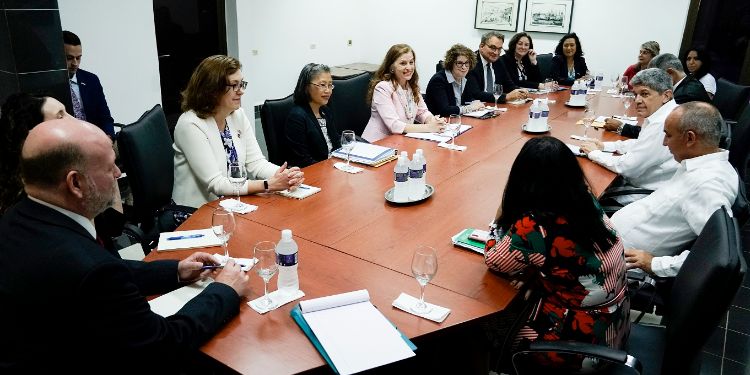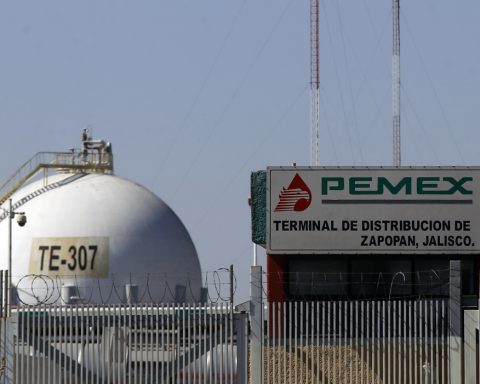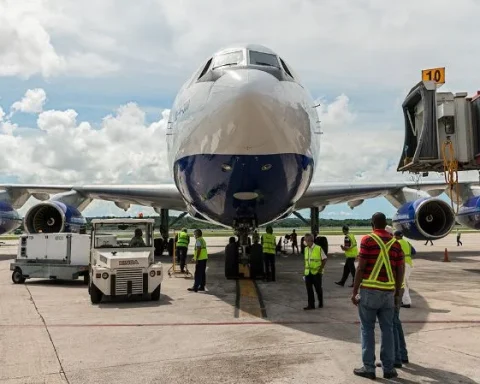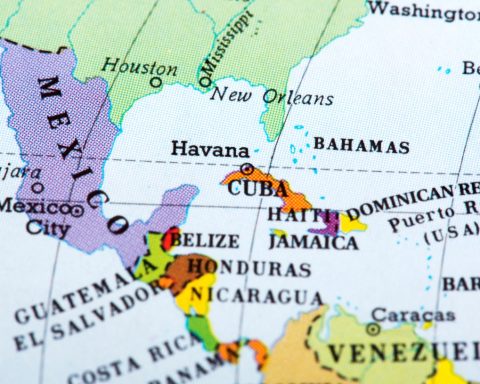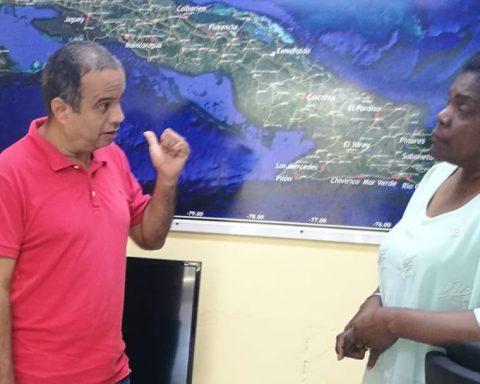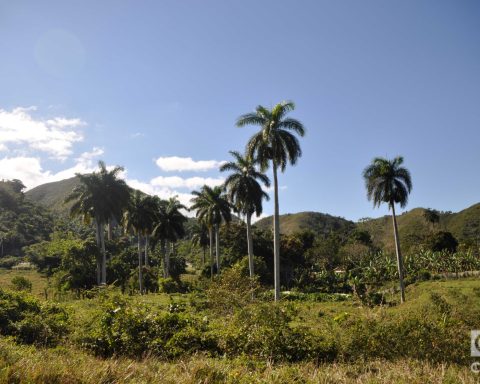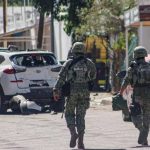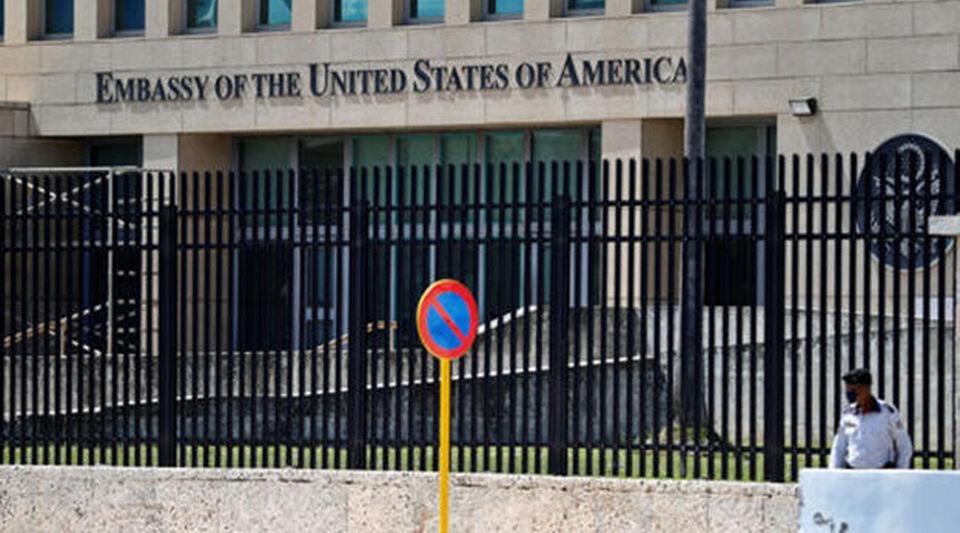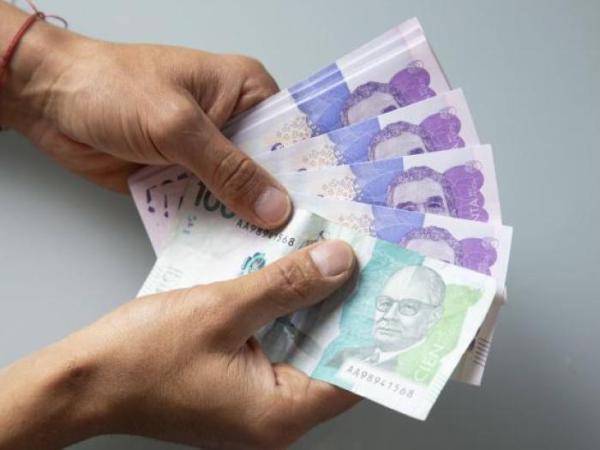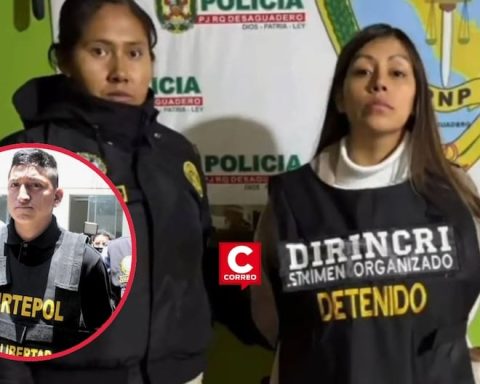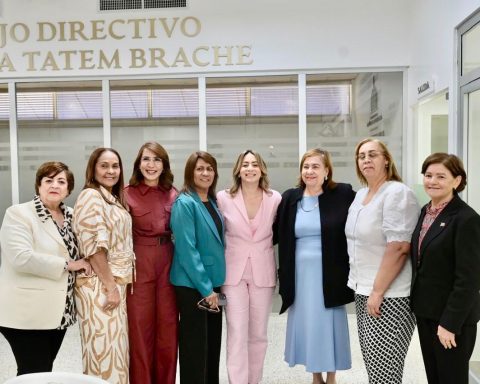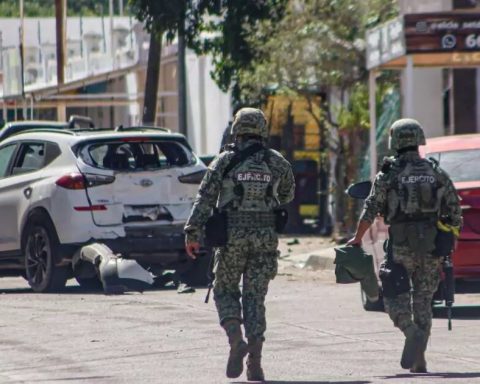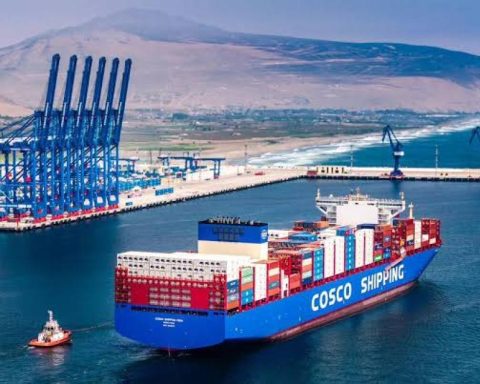MIAMI, United States. – One of the Cuban deputy foreign ministers, Carlos Fernández de Cossío, held talks this Wednesday with two high-ranking officials of the United States Government who visited Havana to discuss consular issues.
In accordance with the note published by the Foreign Ministry of CubaFernández de Cossío reiterated to the Assistant Secretary of State for Consular Affairs, Rena Bitter, and the director of US Citizenship and Immigration Services, Ur Mendoza Jaddou, “the importance of fully resuming immigration services and consular officers at the US embassy in Havana.
Likewise, the Cuban deputy minister confirmed “the willingness to contribute with the necessary steps for the full functioning of the migratory and consular services of the diplomatic headquarters.”
this very week, the United States Department of State reported that the country’s Undersecretary for Consular Affairs would travel to Havana between November 6 and 10. In addition, she added that during that period she would also visit Miami and Georgetown, the capital of Guyana, to discuss migration issues related to Cubans.
In Havana, the official joined Mendoza Jaddou to discuss the full resumption of immigrant visa processing in early 2023 and the recent resumption of family reunification program processing at the US Embassy on the island.
The visit took place in the midst of an unprecedented migration crisis and just days after Cuban border troops sank a speedboat with more than 20 rafters, killing at least seven people, including a two-year-old girl.
It is not the first time that Cuban and US authorities have discussed migration issues in 2022. In April of this year, officials from the United States and the Cuban regime met in Washington DC to discuss the implementation of the Migration Agreements between the northern nation and the island. , as confirmed by the State Department in a press release back then.
The meeting, which was the first to address migration issues since 2018, was headed, on the one hand, by the Deputy Assistant Secretary for Western Hemisphere Affairs, Emily Mendrala; and, on the other, by Cuban Deputy Foreign Minister Carlos Fernández de Cossío.
According to the State Department, “these bilateral discussions on migration are generally held every six months, reflecting the commitment of both countries to periodically review the implementation of the Migration Agreements.”
The meeting between the two countries generated criticism from a broad sector of the Cuban exile community. Republican congressmen for the state of Florida María Elvira Salazar, Mario Díaz-Balart and Carlos Giménez asked the Biden Administration to reconsider the round of migration negotiations.
“We write to express our grave concern regarding the Biden Administration’s announced plans to host talks on migration in Washington, DC with the totalitarian and terrorist state in Cuba,” the representatives said in a statement. letter sent to Secretary of State Antony Blinken.
For Salazar, Díaz-Balart and Giménez, the negotiations with Havana offer credibility to a regime that has violently repressed the civilian population and that “imprisoned hundreds of people, including children, for exercising their fundamental right to freedom of expression.” .
Receive information from CubaNet on your cell phone through WhatsApp. Send us a message with the word “CUBA” on the phone +525545038831, You can also subscribe to our electronic newsletter by giving click here.
